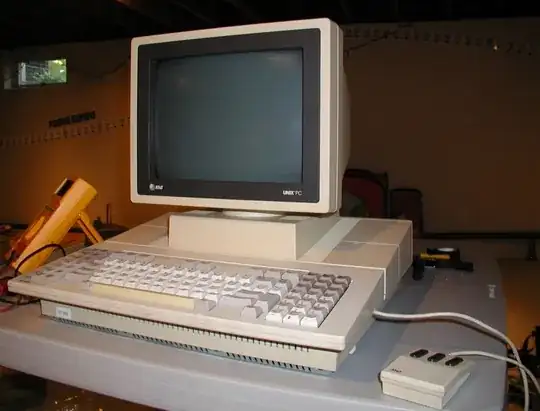I am doing my bachelor's degree at a university. In a written assignment, the professor posted the task: "Name three PC operating systems".
Well, I went on an included a variety of OSes (Linux, Windows, Mac OS X) and including Unix & Solaris. Today I received a mail from my professor saying:
Unix is not a PC operating system. Many Unix-variants are not PC-hardware compatible (like AIX & HP-UX. About Solaris: there was one PC-compatible version...)
I am kind of suprised: Even if many Unix-variants are PowerPC based and have a different bit-order – Those don't stop being PCs now, right?
The question was given in a written assignment! It was not a question that came up during the lecture!
Due to the original task being in German, I'll include it just to make sure nobody suspects an error in the translation.
Frage: Nennen Sie 3 PC-Betriebssysteme.
Antwort: Unix ist kein PC-Betriebssystem, viele Unix-Varianten sind nicht auf PC-Hardware lauffähig (AIX, HP-UX). Von Solaris gab es mal eine PC-Variante.
